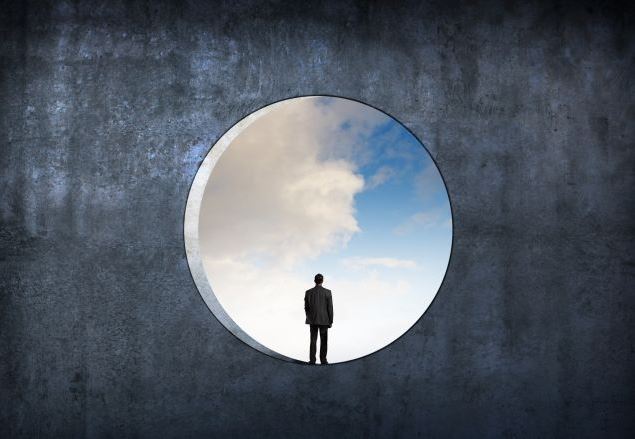More and more people are affected by this disorder also called “manic-depressive psychosis”.
It flows on average 10 years between the appearance of bipolar disorder and the implementation of suitable treatment. It is a most serious psychiatric disease: 1 in 2 patients will make at least one suicide attempt in his life and 15% will deceive suicide according to the High Authority for Health. In France, between 1 and 2.5 % of the population would suffer from bipolarity. “Previously, Sainte-Anne Hospitalwe had a majority of schizophrenic patients. Today, we meet a majority of patients with a bipolar disorder. More and more people are affected By this disorder also called “manic-depressive psychosis” without our having real explanations “ Confess the psychologist Nathalie Lord. Characterized by “a alternation dManiac access and ofdepressive access“”he could be In connection with geneticsexcessive consumption of drugs or alcohol.
Symptoms of manic access
- Excitation, agitation;
- Verbal logorrhea: abundant flow of words debited quickly;
- Volubility: the person speaks a lot, very quickly and with ease;
- Euphoric humor: The patient sees life in pink;
- Excessive behavior;
- Leaking ideas: disorderly thoughts;
- Precipitation;
- Relational ease;
- Hyperactivity.
Contrary to popular belief, mania is not part of OCD (obsessive compulsive disorders). “Mania in the psychological sense of the term here defines a maniac person, who testifies to agitation and an overflowing euphoria. One of the hypotheses is that manic access is a phase of fight against depression. ” Concretely “A bipolar person who has serious insomnia problems may not feel tired. Another can Waking up in the night with the desire to climb Everest while she is 50 years old and has never practiced sports of his life. She can go so far as to get the equipment and spend her salary of the month in a day. “
Symptoms of depressive access
During depressive access, a variety of symptoms characterizes bipolar disorder:
- Feeling of inability;
- Insomnia, sleep disturbances;
- Distorted world vision;
- Somatic symptoms;
- Appetite disorders, digestive signs;
- Drop in libido;
- Feeling of depreciation and accuser towards oneself;
- Difficulties to think, to carry out an action;
- Difficulty getting up in the morning;
- High level of anxiety, with a black vision of life;
- Suicidal risk.
“These signs are spotted by a psychologist or a psychiatrist. Because they can express themselves differently” reports Nathalie Lord. In bipolar disorder, the symptoms are those of a psychosis, with an alteration of the link with reality, whether during manic access or depressive access. In any case, the patient is not aware that he is not in his normal state. He presents a denial total of these disorders. Between two phases, the person may have contact with the completely suitable reality. ” Manic-depressive psychosis requires a neuroleptic treatment (or antipsychotic) during the manic phase or by antidepressants in the depressive phase to fight against symptoms.
Without treatment, manic-depressive access develops over 6 months. “With neuroleptic treatment, an improvement is possible in about a month. Consultations in the psychiatrist or in the psychologist complete the drug management of the bipolar disorder. Sometimes the patient must be placed under guardianship. In addition, if the risk of suicide is important, that the symptoms are massive and that the person is alone, an automatic hospitalization is necessary in order to protect it” concludes the psychologist.








